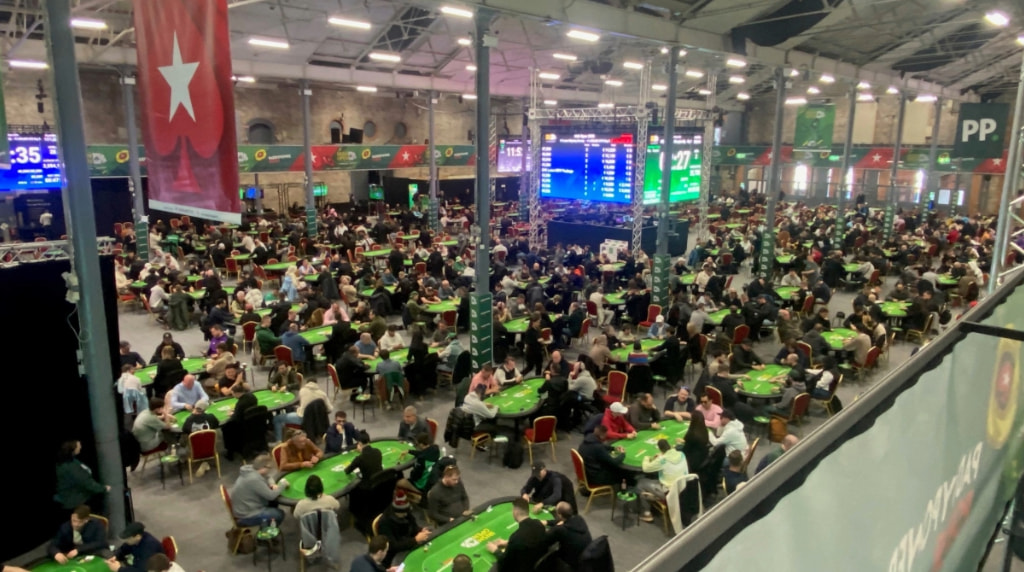Major Reforms Coming to Australian Gambling Laws
The state of Victoria in Australia has announced sweeping measures to combat money laundering along with a new policy to promote gambling harm prevention. The Victoria Premier, Dan Andrews, is poised to sign into legislation a series of changes that will affect the state’s gambling laws. The reforms stop short of changing current laws applicable to casinos, and will instead focus only on gambling taking place in restaurants, bars, and pubs. The announcement nonetheless has left many in the hospitality industry worried that their livelihoods are under threat from pressure on one of their key revenue streams.

Crown Resorts have evaded these latest measures aimed at reducing the capacity for punters to gamble large sums of money on slot machines in Victoria.
©torcasiojohn/Pixabay
There are a number of structural changes that will mostly affect slot machines, sometimes called pokies, and how much punters are able to transact through these machines. The most significant change to the machines will be the reduction from $1,000 to $100 as the maximum daily limit. A gambler will have to prove their ID when playing on a machine, which will in turn lock the person out when the daily limit has been reached.
Another significant change that is looming will be the times of day in which the gambling machines will be available for punters to play. The current proposal will be to enforce a switch-off of the machines between 4 a.m. – 10 a.m. The government has accused venues in the past of staggering their opening times so that players can hop from one venue to another and avoid the cut off times. This new policy will completely change that, and make it almost impossible for players to have 24 hr access to the machines.
Pokies will also start to move slightly slower on the playing process, when the gambler spins the wheel currently there is an approximate 2 second animation sequence, this will be extended to 3 seconds in the near future. The move will encourage players to play slower and not burn through cash deposits so quickly as what is currently possible.
Crown Resorts Avoids Major Consequences to its Business
Amidst all these changes, Crown Resorts remains a significant exception. The legislations affecting the operation of pokies and their associated practices won’t apply to casinos, a loophole that has raised eyebrows amongst the affected parties. Industry insiders suggest that exempting casinos from these new measures could provide them with a disproportionate competitive advantage. They would not only be able to operate their slot machines around the clock but also be exempt from the reduced daily limit and the delayed spin time, making them more attractive to high-rolling punters.
This perceived favoritism has fuelled debates among different sectors. The hospitality industry, already hit by the new laws, fears that this could further divert their clientele to casinos. Conversely, anti-gambling advocates argue that exempting casinos from the legislation defeats the purpose of the new measures as a whole, given that casinos are hotspots for heavy gambling and potential money laundering activities.
As the state moves forward with its new measures, the question that lingers is whether this imbalance will be addressed. Observers are keeping a keen eye on the Dan Andrews next moves, asking if he will level the playing field or if casinos will continue to enjoy an advantage. However the situation evolves, one thing is clear, the gambling landscape in Victoria is on the cusp of a significant transformation.
Industry Fragmented on Supporting or Resisting these Changes
Opinions on these changes are far from uniform within the industry. On one hand, there are those who view these reforms as an excessive overreach, encroaching on the autonomy of businesses and potentially damaging their revenues. Critics argue that these regulations could push small and medium-sized venues to the brink, especially those for whom revenue from pokies constitute a significant part of their income.
There is also a faction within the industry that lauds these changes. Supporters see the reforms as a necessary step towards a more responsible and sustainable gambling sector in Victoria. They believe that these measures will help curb problem gambling and lessen the social issues often associated with it. Some even suggest that the changes could ultimately boost business in the long run by fostering a healthier relationship between punters and the gaming industry.
One common thread among supporters of the reform is the caution against industry consultation. They warn the government about the risks of seeking advice from parties with vested interests in maintaining the status quo. While they acknowledge that industry input can provide valuable insights, they also stress the need for independent research and expert advice in formulating policy. This tension is emblematic of the wider debate surrounding these reforms, reflecting a sector grappling with the challenges of change and the future of gambling in Victoria.



